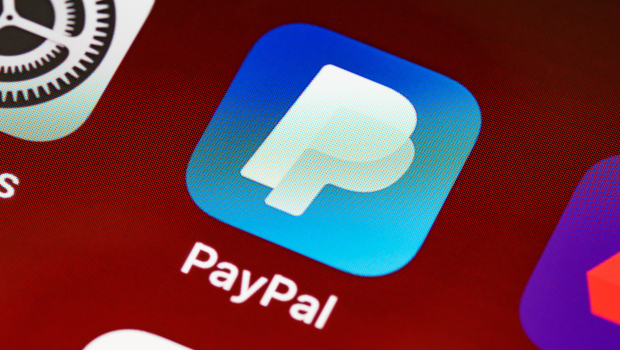
Tech stock drop does not point to a general tech collapse
News broke yesterday that 307 jobs are facing the axe at PayPal’s Irish headquarters in Dundalk. Coming hot on the heels of the two-year global pandemic, sharply rising inflation and crashing tech share prices, this has caused a minor tremor: could the tech sector, so crucial to the Irish economy, hit the buffers?
News of job losses is always bad news, but at the moment there is no sign of a significant tech slowdown.
A 2001-style crash would be disastrous, no doubt, but the ongoing grinding down of tech valuations is a return to reality, not a repeat of the dotcom crash.
Tech boomed during the pandemic due, in part, to increased spending by both consumers and businesses, but the lofty valuations at the peak of 2021 were always unjustified. The lower prices seen today are surely painful for anyone who bought in at the height, but they are also a necessary correction that brings company valuations back into line with the reality of their current and future ability to make profits.
Legendary investor Peter Lynch once described a correction as a “eupehmism for losing a lot of money very rapidly”. Known for his wry wit, Lynch was not wrong, but corrections are inevitable, and necessary.
Unfair shares
It’s important to remember that share prices are not simple measures of profit. Indeed, some of the highest-flying tech shares of recent years have been issued by companies that have never made a profit. Instead, prices represent anticipated future profits. In some cases these expectations are based on history of past profits, but in others they are based on hype and froth. Almost all of them are down at the moment, but the latter group is being punished a lot more than the former as institutional money managers throw their shares overboard.
Looked at a certain way, it can be argued that the long-awaited tech crash has already happened, and hardly anyone noticed.
Even the precipitous drop of Netflix that saw shares drop over 73% from their peak has not seen it drop significantly below its pre-pandemic valuation. Whether or not Netflix will recover is another question: film and TV production is a capital intensive business and Netflix faces stiff competition from Disney as well as renewed offerings from Paramount and the newly-merged Warner Brothers-Discovery.
Against that, share indices, including the Standard & Poor’s 500 that tracks that 500 largest businesses in the US, have been propped-up by the better than average performance of hyper-profitable, and massive, Apple and Microsoft. As the index is weighted by market capitalisation, meaning the total value of all outstanding shares in each company, behemoths like these represent larger chunks of the index than do ‘smaller’ firms.
Although both Apple and Microsoft have started to slip in recent weeks, they have healthy balance sheets that demonstrate continuing free cash flow. Moreover, future profits are locked-in: Microsoft has quietly pivoted away from sales toward a recurring revenue model, and Apple is also thought to be expanding its subscription business.
PayPal’s drop is arguably better seen as coming down to its current price of around $80 from its March 2020 valuation of $100, not its lockdown-induced high of $275.
PayPal has undergone changes to its business and balance sheet in recent years, finally severing its last ties with online auction house eBay in May 2021 and working to remove inactive accounts. How this will play out in its share price is impossible to say, but the company remains profitable, and in a declining market this is what investors are interested in.
The lockdown era ‘flight to shite’ that saw investors buying anything that seemed to promise rapid capital gains or revenue is over, replaced by a ‘flight to quality’, though just which companies represent quality is something that will take time for investors to work out.
Markets are likely to continue to drop for some time: as interest rates rise, bond yields will climb, driving capital into the safer bond markets, where guaranteed returns can be locked in.
In the meantime, there is one maxim that it is always good to remember: the stock market is not the economy.






Subscribers 0
Fans 0
Followers 0
Followers